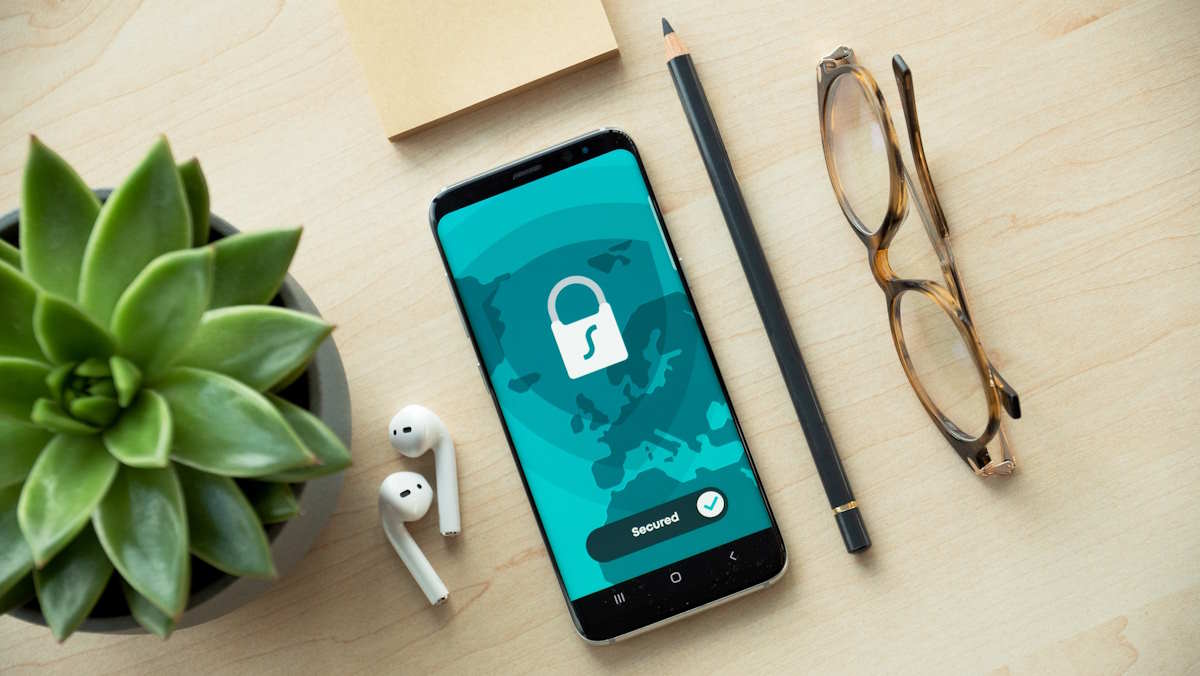Data security is more crucial than ever. Research shows in 2023, nearly 1 billion emails were leaked, data breaches cost an average of $4.35 million for each breach, and 236.1 million ransomware attacks occurred globally in 2022. So, the rise in cyber threats, and our reliance on digital data, demands robust solutions to safeguard sensitive information. That’s where blockchain technology can help. Read on to learn about the benefits.

Understanding Blockchain’s Role in Data Security
Blockchain technology, at its core, is a distributed ledger that records transactions across many computers so that any involved record can’t be altered retroactively – it would need the alteration of all subsequent blocks, and that just isn’t possible. And data security on the Ethereum blockchain is becoming an interesting topic. The actual Ethereum price is growing thanks to the extensive list of applications on the blockchain, like those managing data security, and now more people are realizing the benefits:
- Decentralization: Unlike traditional centralized databases, blockchain disperses its data across a network, vastly reducing the risks of hacking and data breaches.
- Immutability: Once information enters the blockchain, it’s almost impossibly tricky to change. That ensures that data remains unaltered and traceable.
- Transparency: While it might seem counterintuitive, blockchain’s transparency allows for secure and verifiable transactions, boosting user trust.
Real-World Applications of Blockchain in Data Security
Blockchain technology’s versatility and robust security features have led to its adoption across multiple industries. It’s revolutionizing how data security is perceived and implemented. Here are a few sectors where blockchain’s impact is becoming transformative:
Education: Blockchain is increasingly recognized for its potential to revolutionize the education sector. It can easily store and manage educational records, from grades and transcripts to certifications. With blockchain, educational institutions can give verifiable and tamper-proof records, giving students and graduates the opportunity to share their academic achievements with potential employers or other schools. It’s something that’s happening with blockchain resumes – a new and growing trend to help prevent resume fraud.
Real Estate: Blockchain introduces a new level of integrity and efficiency in property transactions and record-keeping. When recording property sales, leases, and other transactions on a blockchain, all parties can have assured access to accurate and unalterable historical data. This transparency can reduce fraud, streamline property transfers, and improve trust among buyers, sellers, agents, and legal professionals.
Entertainment: The entertainment industry – especially in areas like music and digital content – stands to benefit significantly from blockchain technology. The issue of deep fakes is becoming a big one. Artists and creators can use blockchain to assert ownership of their work, manage royalties, and ensure fair compensation. Consumers, on the other hand, can verify the authenticity of digital content and access it in a way that respects and compensates the creators. You really don’t know what you’re seeing on the internet anymore. Do you know what’s real and what’s not?
Blockchain’s Impact on Data Integrity
Ensuring data integrity is crucial. Blockchain technology is a robust solution, offering a new approach to maintaining data integrity. Its core feature – immutability – ensures that once information goes into the blockchain, it can’t be changed or deleted. There’s a definitive history of transactions or data entries.
This characteristic is particularly beneficial for audit processes. With blockchain, auditors can access a transparent and immutable record of all transactions. It’ll make verifying the accuracy and integrity of data easy without the effort typically associated with traditional audit methods.

Blockchain’s ability to provide a clear and chronological transaction history helps quickly identify discrepancies and ensure compliance with regulatory standards.
And, blockchain significantly reduces the risk of fraud. Its decentralized features and cryptographic security measures make unauthorized data alterations tricky, if not impossible.
By recording each transaction on a distributed ledger and the need for consensus across all network nodes for any changes, blockchain minimizes the chances of data manipulation and fraud.
The Challenges
While blockchain technology has the potential to revolutionize data security, it’s not without its hurdles and a Blockchain Software Development Company must focus on contract security. The scalability issues and significant energy consumption for operations like mining are notable challenges. Not that brands will be mining the coins to power the technology, but it’s part of the issue for brands. Blockchain networks, especially those relying on proof of work, demand considerable computational power, leading to heightened energy use.
The adoption and understanding of blockchain is one of the biggest barriers to its widespread application. One study found one in four adults in the US don’t know what blockchain technology is. And we can see why – it’s working in the background, at the minute.
Misconceptions and Education
Despite its growing popularity, misconceptions about blockchain being synonymous only with cryptocurrencies like Bitcoin or Ethereum are part of the issue. For blockchain to fulfill its potential, there needs to be a broader understanding and appreciation of its capabilities.
Educating businesses and the general public about blockchain services, practical benefits in ensuring data security, enhancing transparency, and improving system efficiency is essential for its integration. Mainstream applications will benefit from it and achieve the next level of technological advancement in data security, but they must implement it. Still, one study found that 87% of brands plan on deploying blockchain technology soon, so it shouldn’t be long.
Summary
Blockchain technology could be the new best thing for data security – and it’s about time. The statistics we’ve given in this article highlight the severity of data security. Or should we say, lack of it. Yes, challenges remain, but the potential benefits of enhancing data integrity, simplifying compliance, and reducing fraud are undeniable. What do you think about using blockchain technology for data security – can it be the next best solution?